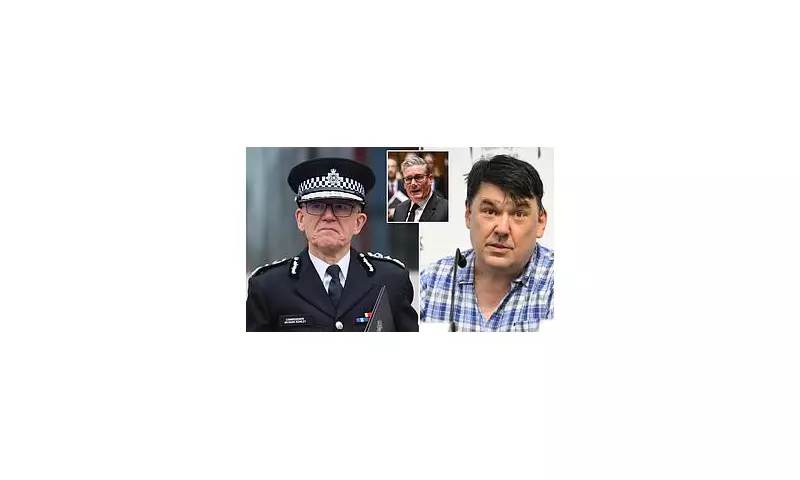
Senior politicians across the political spectrum are sounding the alarm over what they describe as an "impossible position" created by Metropolitan Police investigations into parliamentary speech. The growing tension between law enforcement and elected representatives has sparked a fierce debate about the sanctity of free speech in Britain's democracy.
The Chilling Effect on Democratic Discourse
Multiple MPs have come forward with concerns that police probes into statements made in Parliament are having a chilling effect on political discourse. The fundamental principle of parliamentary privilege—which protects MPs from legal action over statements made in the House of Commons—appears to be under unprecedented pressure.
One senior Conservative figure stated: "We're reaching a point where elected officials are second-guessing every word they utter for fear of police investigation. This isn't how our democracy should function."
Case Studies: When Police Intervention Crosses Constitutional Lines
The issue gained prominence following several high-profile cases where politicians faced police scrutiny over comments made during parliamentary proceedings. Critics argue these investigations blur the crucial separation between legislative and law enforcement functions.
Labour MPs have joined their Conservative counterparts in expressing concern, with one shadow minister noting: "While we must always be mindful of the impact of our words, the current situation risks undermining the very foundations of parliamentary democracy."
The Metropolitan Police's Dilemma
Scotland Yard finds itself caught between enforcing hate speech laws and respecting constitutional conventions. Police sources indicate they feel compelled to investigate complaints regardless of parliamentary context, creating what one insider called "a constitutional gray area."
This approach has drawn criticism from legal experts who argue that police are overstepping their traditional role in a democratic society. "The Met appears to be rewriting constitutional conventions through operational decisions," noted a leading constitutional lawyer.
Broader Implications for UK Democracy
The situation raises fundamental questions about:
- The limits of police authority in matters of parliamentary speech
- The protection of free political discourse in a increasingly polarized society
- The balance between preventing hate speech and preserving democratic freedoms
- The future of parliamentary privilege in modern Britain
Cross-party talks are reportedly underway to address what many are calling a constitutional crisis in the making. The outcome could redefine the relationship between Parliament and law enforcement for generations to come.
As one senior backbencher concluded: "We cannot allow the fear of police investigation to silence legitimate political debate. The very health of our democracy depends on getting this balance right."





